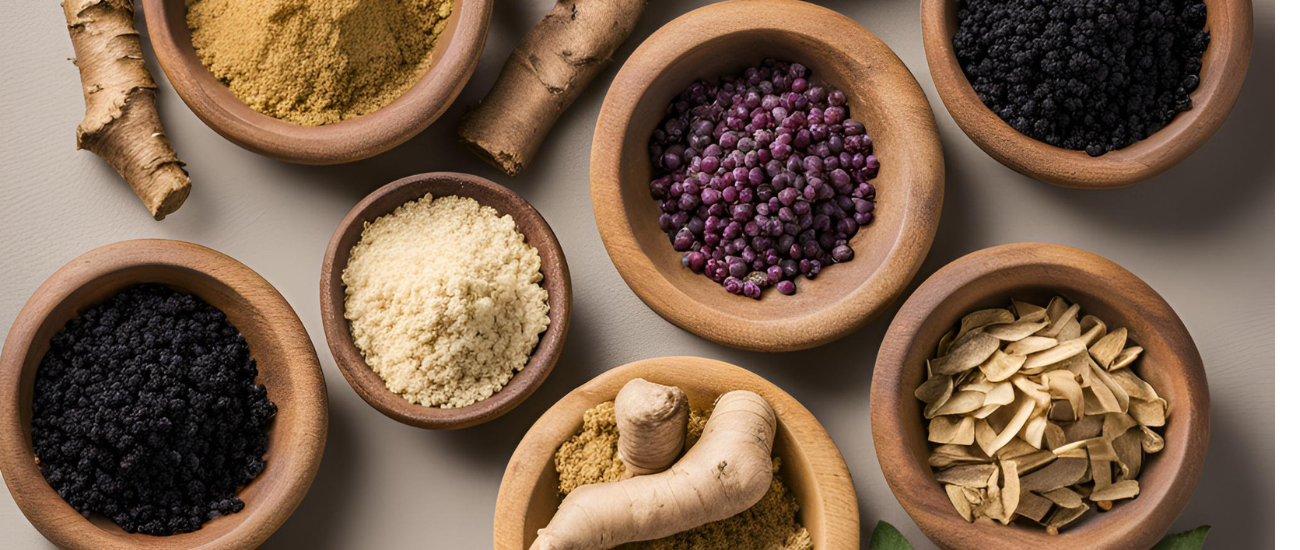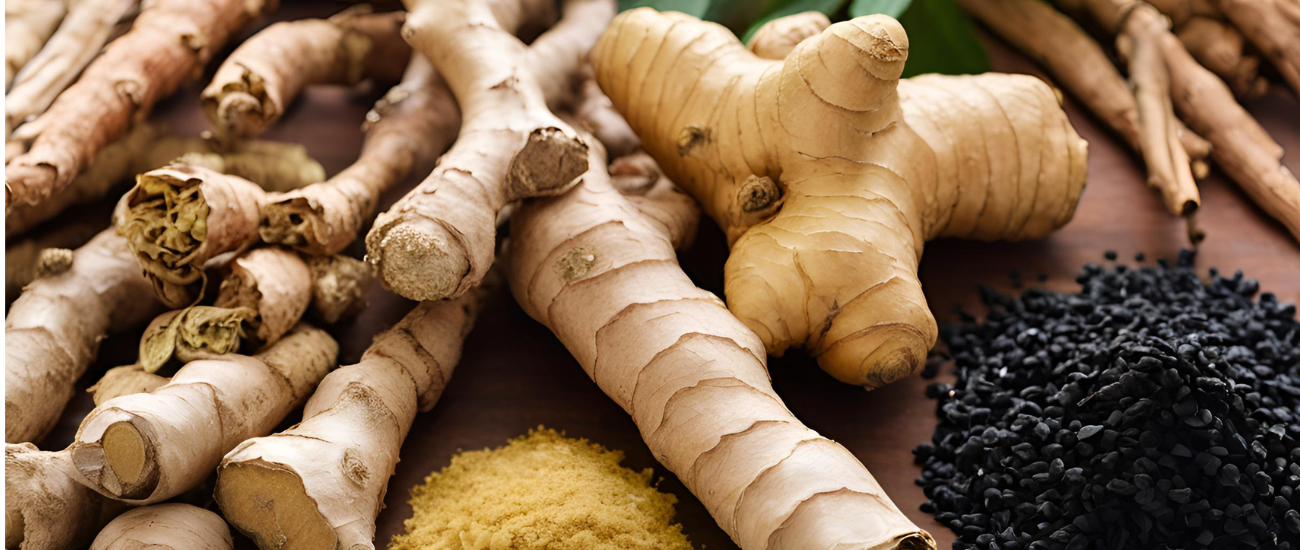Searching for the ideal tea to sip on this winter to help prevent illness?
Aug 14th 2024
- Gather Ingredients:
Health Tips Using Chinese Herbs Before School and Cold & Flu Season
This immune-boosting tea is perfect for both young and old due to its gentle yet powerful combination of herbs that support the immune system and promote overall wellness. The recipe is simple and quick to make, requiring only a few ingredients like astragalus, ginger, and licorice root. By combining these herbs, the tea offers a holistic approach to health, helping to ward off illness naturally while providing warmth and comfort. It's a great daily ritual that strengthens your body's defenses in a delicious and soothing way.
As the school year and cold and flu season approach, bolstering your health with Traditional Chinese Medicine (TCM) can be a proactive way to strengthen your immune system. Incorporating Chinese herbs into your daily routine can help you stay healthy and resilient. Here are some health tips, herbal recipes, and explanations of why this remedies work.

Astragalus (Huang Qi) - Immune Booster
How it works: Astragalus is well-known for its immune-boosting properties in TCM. It strengthens the Wei Qi (defensive Qi) which acts as a barrier against external pathogens. This herb also has antiviral and anti-inflammatory properties, making it ideal for preventing colds and flu.
How to use: Prepare a daily tea by simmering 10-15 grams of dried astragalus root in 2 cups of water for about 30 minutes. Drink this tea throughout the day to support your immune system.
Definition of Immune Booster:
The term "immune booster" refers to any substance, action, or practice that is believed to enhance the body's immune system, making it more effective at fighting off infections and illnesses. Immune boosters may include vitamins, herbs, supplements, healthy foods, and lifestyle practices that support the immune system’s ability to recognize and respond to pathogens such as bacteria and viruses. These can strengthen the body’s natural defenses, helping prevent or mitigate the severity of diseases like colds, flu, and other infections.
Ginger (Sheng Jiang) - Warming Herb
How it works: Ginger is commonly used in TCM to warm the body and dispel cold. It also helps to harmonize the stomach and relieve symptoms like nausea and congestion, which are often associated with colds.
How to use: Make a simple ginger tea by boiling a few slices of fresh ginger in water for 10-15 minutes. Add honey and lemon to taste. Drink this tea at the first sign of cold symptoms or as a daily preventative measure.
Definition of Warming Herb:
A warming herb in Traditional Chinese Medicine (TCM) refers to a type of herb that helps to warm the body and dispel cold. These herbs are used to balance the body's internal energy (Qi) and are typically prescribed for conditions related to coldness, such as chills, cold extremities, or digestive issues associated with cold. Warming herbs, such as ginger and cinnamon, promote circulation, increase energy, and can help relieve symptoms like pain, fatigue, and cold-related discomfort by invigorating the Yang energy of the body.
Licorice Root (Gan Cao) - Respiratory Support
How it works: Licorice root is a powerful herb used in TCM to soothe sore throats, reduce coughs, and support respiratory health. Its antiviral and anti-inflammatory properties make it a go-to herb during the cold and flu season.
How to use: Licorice root can be added to teas or decoctions. Combine it with other herbs like ginger and astragalus for a stronger immune-boosting effect. Simmer 5 grams of dried licorice root in 2 cups of water for 20 minutes to make a soothing tea.
Definition of Respiratory Support:
Respiratory support refers to the assistance given to help maintain or improve the function of the respiratory system, which includes the lungs and airways. This support can be provided through various methods, including the use of herbs, medications, therapies, or lifestyle practices that help improve breathing, reduce inflammation, clear congestion, and support lung health. In Traditional Chinese Medicine, respiratory support often involves herbs that soothe the lungs, and relieve coughs.
Elderberry (Sambucus Nigra) - Cold & Flu Support
How it works: While not a traditional Chinese herb, elderberry is widely used in both Western and TCM herbal practices for its ability to reduce the severity and duration of cold and flu symptoms. Elderberries are rich in antioxidants and vitamins, which help boost the immune system and fight off viruses.
How to use: Make a syrup by simmering 1 cup of fresh elderberries (or ½ cup dried) in 2 cups of water for 30 minutes. Strain, add honey to taste, and take 1 tablespoon daily as a preventative, or every 2-3 hours during illness.
Definition of Cold and Flu Support
Cold and flu support refers to methods or practices aimed at easing the symptoms associated with the common cold and influenza, such as congestion, sore throat, cough, fever, and body aches. This can include the use of remedies, rest, hydration, and supportive care to make the body more comfortable as it fights off the infection. The goal of cold and flu relief is to alleviate discomfort and promote faster recovery, without necessarily addressing the underlying virus directly.
Schisandra (Wu Wei Zi) - Adaptogen for Stress
How it works: Schisandra is an adaptogenic herb that helps the body manage stress, which is particularly important when transitioning back to school and facing the upcoming cold and flu season. It also supports lung function and boosts overall vitality.
How to use: Schisandra can be taken as a tea, tincture, or powder. To make a tea, simmer 10 grams of dried schisandra berries in 2 cups of water for 20 minutes. Drink daily to support your body’s resilience.
Definition of adaptogen for stress:
An adaptogen for stress is a natural substance, typically an herb or plant, that helps the body adapt to stress by promoting balance and resilience. Adaptogens support the body's ability to cope with both physical and emotional stressors by regulating and stabilizing the adrenal glands, which are responsible for the body's stress response. These herbs, such as ashwagandha and schisandra, can help reduce fatigue, enhance focus, and improve overall well-being by balancing the body's stress hormones and improving energy levels without overstimulation.

Recipe for Immune-Boosting Herbal Tea:
Step-by-Step Guide to Making the Perfect Cup of Tea:
This holistic tea is more than just a comforting drink. Astragalus strengthens the immune system, ginger warms the body and fights off cold, licorice root soothes the respiratory system, and schisandra provides adaptogenic support to handle stress. This tea not only tastes great but provides comprehensive support to your body, making it the perfect drink to help you ward off illness this winter.
10 grams of dried astragalus root
5 slices of fresh ginger
5 grams of dried licorice root
10 grams of dried schisandra berries
4 cups of water
Preparation:
Rinse the dried herbs under cold water to remove any dust or impurities.
Slice fresh ginger into thin slices (about five slices for a single batch).
Simmer:
Add the rinsed herbs and ginger slices to a pot with 4 cups of water.
Bring the mixture to a boil over medium heat.
Once boiling, reduce the heat to low and let the tea simmer for 30 minutes. This slow simmering allows the herbs to release their beneficial compounds into the water.
Strain and Serve:
After simmering, strain the tea into a teapot or directly into your mug.
If desired, add honey or lemon for additional flavor and health benefits.
Drink the tea warm throughout the day to maximize its immune-boosting effects.

Conclusion
By incorporating these Chinese herbs into your routine, you can boost your immunity and protect yourself during the cold and flu season. Each herb works through different mechanisms, from strengthening your body's defenses to directly combating pathogens, helping you stay healthy and ready for the school year ahead.


